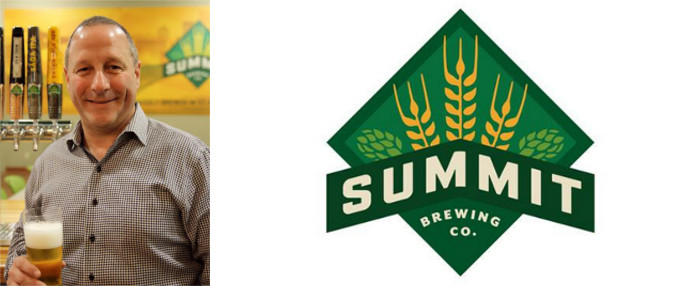The British beer industry has long been one to look to for inspiration and some of the world’s best craft beer breweries are currently coming out of the likes of London, Leeds and Manchester.
It’s always useful to keep an eye on what’s going on over on British soil, with new trends, flavours and ways of brewing never too far away. But what can we expect from 2025 exactly over in Blighty?
Low and No-Alcohol Beers Continue to Rise
One of the more significant trends in recent years has been the growth of the low and no-alcohol market. Recognising that Gen Zers aren’t drinking alcohol, as well as more people entering alcohol rehab UK wide or ditching the stuff for health reasons, it’s a growing market and there are some great flavours and products hitting the shelves.
That’s only going to continue this year with advancements in brewing techniques making it possible to get the same flavours you’d expect from an alcoholic drink but without the ABV. We’re not only seeing lagers hit the market, but some real thirst quenching IPAs, porters and sours, completely revolutionising the scene as we know it.
Sustainability Becomes Central to Brewing
For a couple of years now sustainability has been a big thing in beer, as well as every other industry in the world and as we move into 2025 it’s going to be a heavy focus again for the British beer scene.
Focusing on environmental footprint, breweries will be looking at how they can reduce water usage, energy consumption and lower carbon emissions as well as exploring more sustainable packaging.
Technology-Driven Brewing Innovations
The role of technology in brewing is set to expand even further by 2025, with innovations revolutionising both production and consumer experiences. Automated brewing systems, AI-driven fermentation monitoring, and smart ingredient management are allowing breweries to experiment with precision while maintaining consistency. These technologies not only make the brewing process more efficient but also open the door to creative and experimental beers that were previously more difficult to achieve.
On the consumer side, technology is enhancing the way people experience beer. Digital apps that allow customers to track their favourite brews, connect with local breweries, and even create personalised beer recommendations are becoming more widespread. Virtual reality (VR) and augmented reality (AR) are also entering the beer world, with some breweries offering virtual tours, beer tasting experiences, and interactive packaging that tells the story behind each pint. In 2025, expect to see breweries harnessing technology in both production and customer engagement in exciting new ways.
Flavour Innovation and Hybrid Styles
British beer lovers are increasingly adventurous, and this appetite for experimentation is driving a surge in flavour innovation and hybrid beer styles. By 2025, you’ll see breweries combining traditional British styles like bitters and porters with more unconventional flavours, taking inspiration from global beer trends. Think IPAs infused with botanicals, stouts brewed with exotic fruits, or even beers aged in wine barrels to create complex, layered flavours.
Another trend to watch is the blending of beer with other beverages, such as beer-wine hybrids or beer-cocktail blends. These creative mashups are appealing to a younger, more experimental audience who enjoy trying new things and breaking away from conventional beer styles. With a growing number of breweries pushing the boundaries of what beer can be, 2025 will be a year of bold flavours and inventive brewing techniques.
The Revival of Traditional British Beer Styles
While innovation and experimentation are at the forefront of the industry, there is also a strong movement towards the revival of classic British beer styles. In recent years, there’s been a renewed interest in traditional ales such as milds, bitters, and barley wines. These heritage styles, often overlooked in favour of trendy IPAs and sours, are making a comeback as breweries reimagine them for modern palates.
By 2025, expect to see more breweries celebrating these time-honoured British beers, but with a contemporary twist. For example, milds and bitters may be brewed with modern hop varieties or enhanced with subtle flavour additions, appealing to both seasoned beer drinkers and newcomers alike. This revival is part of a broader appreciation for craftsmanship and authenticity in brewing, with consumers seeking out beers that celebrate the rich history of British brewing while still offering something new.







